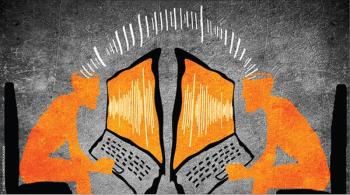
Technology holds great promise to improve the future of mental health. Here: an overview of the types of techology-based solutions currently available.

Technology holds great promise to improve the future of mental health. Here: an overview of the types of techology-based solutions currently available.
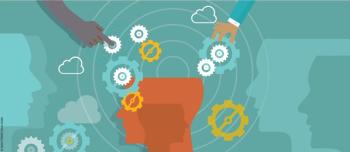
Telepsychiatry-based Cultural Sensitivity Collaborative Treatment is a promising and effective model to improve treatment of depression in underserved racial and ethnic minority populations. Details here.

How is technology affecting psychiatric practice and addressing barriers in the clinical care of our patients?
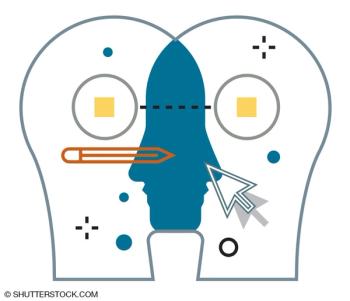
To explore the evolving role of smartphones in psychiatric care, this article focuses on schizophrenia as a disease-specific example of how new research and technologies are already being used to improve care.
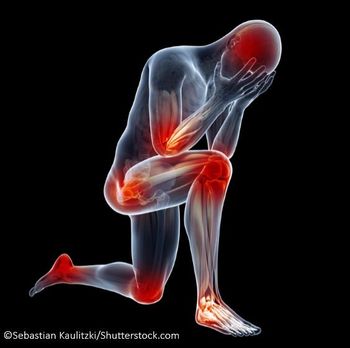
Take this quiz on one of the most controversial diagnoses in pain management.
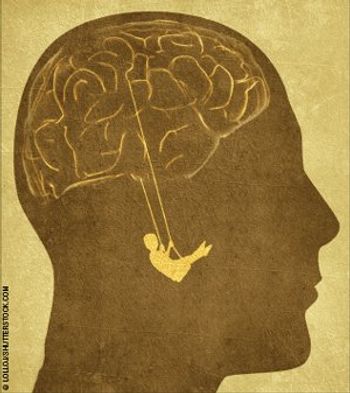
Tracking and measuring the nation’s health is no easy undertaking. How are we doing?
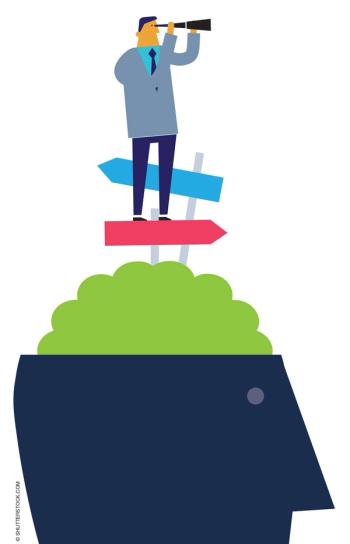
Here's a hit list of publications devoted to psychotherapy topics; to issues in genomic medicine; the impact of technology, and burnout on the practice of medicine; and to more traditional clinical articles addressing diagnosis and treatment of psychiatric disorders.

A deep dive into the role of stress in the manifestation of depressive symptoms.

My doctor-wife squeezes her needle-nose tweezers and lifts the tiny knots high enough to snip with surgical scissors...
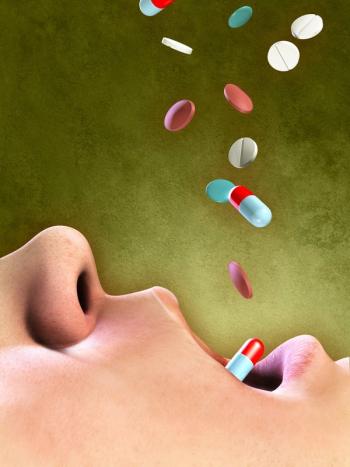
High treatment failure rates make it critical for prescribers to know how to safely and effectively switch antidepressants to ensure patient-treatment targets are met.
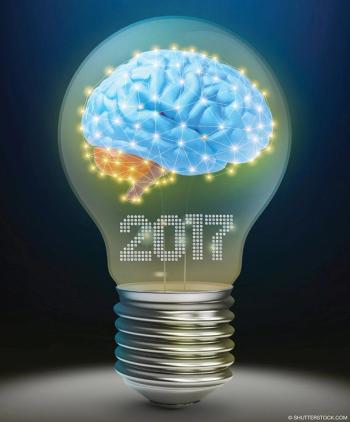
This year we asked about the best and worst things relating to our field. As always, we received a diverse group of responses.
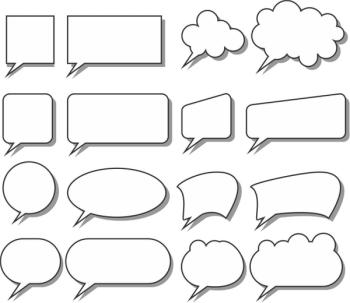
Advances in digital publishing that allow instantaneous dissemination of changes at minimal cost have paved the way towards the adoption of a continuous improvement model for DSM, in which revisions are pegged to specific scientific advances.

Imagination and psychosis are different categories of experience, and should not be confused or conflated.